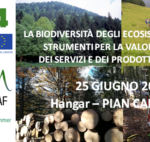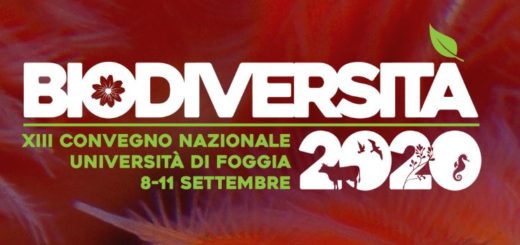Quantitative Ecologist, United Kingdom
CEH – Centre for Ecology & Hydrology, Wallingford, United Kingdom
Main Duties: We are seeking an enthusiastic and innovative scientist to join our research team investigating the patterns and processes behind biodiversity change. Your research will focus on detecting the impacts of climate change, biological invasions and land use on biodiversity and ecosystem services. You will work on existing projects and develop your own areas of research in collaboration with a broad range of scientists within CEH.
Initially, the principal role will be to develop quantitative and mechanistic approaches to understand and model the impacts of environmental change on biodiversity and ecosystems. Initially, the successful candidate will play a key role in a Defra-funded project to develop “BICCO-NET: the biodiversity impacts of climate change observation network phase II”. This will involve analysing nationally important datasets held by CEH (notably the UK Butterfly Monitoring Scheme and datasets held within the Biological Records Centre), to detect evidence of climate induced trends in the abundance and distribution of species and communities.
In addition, the post will contribute to BRC’s long-term partnership with JNCC, entitled “Biological Recording: Analysis and Interpretation”, as well as other projects funded by other government agencies (including Natural England and the Welsh Government) and NERC National Capability in monitoring and attribution of environmental change.
Alongside this work, and in the future, the post holder will have the opportunity to work with a large number of other long-term datasets, design new projects and to work closely with a range of theoretical and empirical ecologists, as well as citizen scientists.
Skills Required
- The successful candidate will have a strong track record of quantitative analysis in ecology or environmental change, including a developing publication record.
- A PhD in a relevant discipline would be an advantage, although we encourage applications from PhD students who are currently writing up.
- The ability to construct and undertake statistical analyses (preferably in R) is essential.
- Some experience in manipulating and analyzing long-term and large scale datasets is also desirable, as would experience of programming languages (e.g. SQL, Python).
- Specific expertise in one or more of the following areas would be an advantage: time-series modelling, species distribution modelling, Bayesian analysis, phylogenetic comparative analysis, geographical information systems.
- You must have good team working skills and the ability to work to deadlines.
- We are looking for an ecologist who will provide technical support to ongoing research projects, but with the potential to develop into an independent researcher who can attract research funding.
For more details and to apply for this job click here
Info Autori
Scuola di scienze Agrarie, Forestali, Alimentari e Ambientali (SAFE-UNIBAS)








